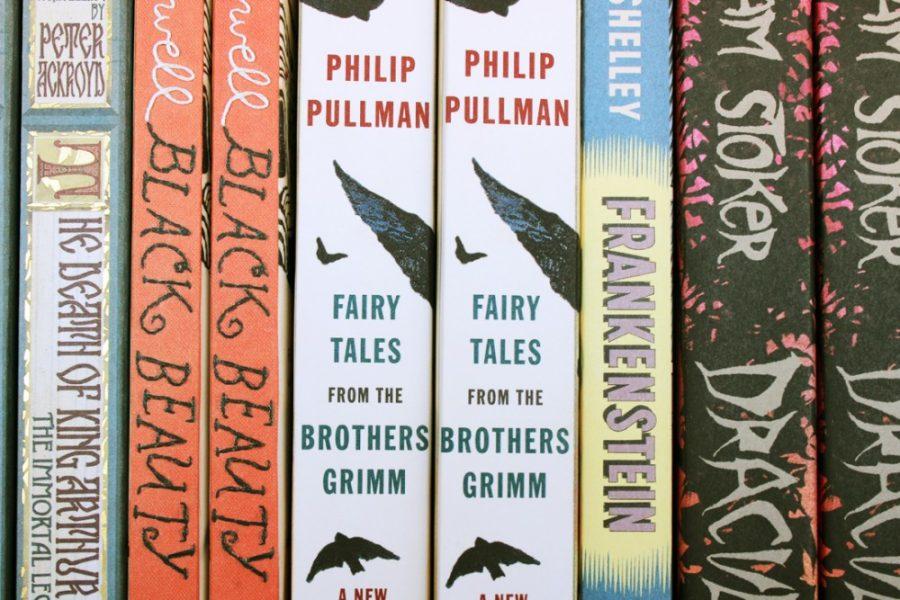While young and new adult may be all the rage nowadays, don’t forget the tales as old as time and the songs as old as rhyme when wandering around the Tucson Festival of Books. Fairy tales aren’t just for little kids, and people of all ages are welcome to attend the “Fractured Fairy Tales” panel at the festival on Sunday at 2:30 p.m. at the Student Union Memorial Center in the Kachina Lounge. Two UA professors -— Kate Bernheimer and Aurelie Sheehan — and Elizabeth Frankie Rollins, who teaches at Pima Community College, will host the panel. All three are published authors, and Bernheimer is one of the leading figures in the growing literary realm of fairy tales. The Daily Wildcat sat down with Sheehan to discuss the panel and find out what about fairy tales is important to her.
What is the panel about?
The panel will focus on the expansiveness of fairy tales, on the variety of ways fairy tales and myths permeate our collective literary history and can come out in cool ways today.
What do you mean by “fractured fairy tales”?
The organizer of the panel is using that phrase to suggest that fairy tales are not rigid structures, but vessels that are constantly remade and can be remade some more.
What do fairy tales mean to you?
I have learned more about fairy tales because of the work of so many people, including my two co-panelists. … Kate Bernheimer is a central figure in the national (even international) growing interest in and respect for fairy tales, and … she has brought consciousness of and joy in this form to many colleagues and students here at the [UA]. Fairy tales are, for me, mysteries and secrets. This is very personal, of course, but in my life, they have sort of hooked into an essential part of who I am from a long time ago and consoled me and invited me to jump into realms that might have otherwise scared me.
What made you interested in fairy tales?
I have always been interested in mythology, ever since I was a child. A few years ago, I was inspired by thinking about parallels and connections between mythological figures and individual people here in Tucson, and that became a central part of my collection of stories, “Demigods on Speedway” (published last year by University of Arizona Press).
What do you think people will learn from the panel that they didn’t know before?
How many vital ways fairy tales and myths are part of our contemporary life — or can be.
Why do you think fairy tales tend to be looked down upon in literary circles?
I’d say that fairy tales are only looked down [on] in some literary circles. In lots of them, they are now recognized as the fluid, vital, powerful stories they are.
_______________
Follow Ashwin Mehra on Twitter.









